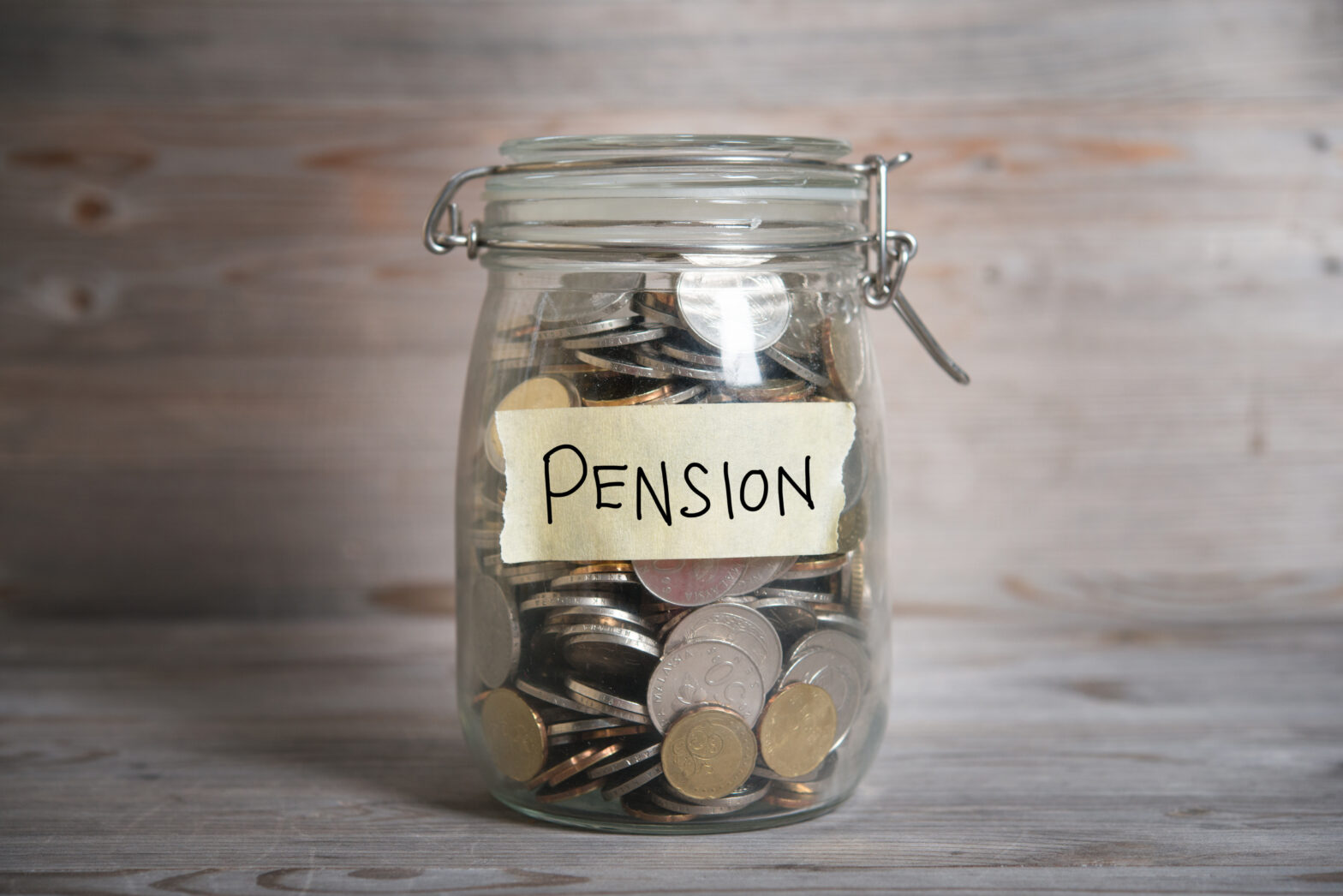Only one in three (36 per cent) self-employed workers save for retirement through private pensions, according to a survey by Aegon, with the remainder planning to continue to work or rely on the proceeds from the sale of their business to cover their finances in later life.
Nearly two thirds think that only half or less of their retirement income will be made up of a private or previous workplace pension.
Unlike an estimated 9 million employees, the self-employed don’t benefit from automatic enrolment and employer contributions.
Despite the worrying numbers relying on their business to fund their retirement, those who are making pension provision are more engaged than the broader population, and on average have more money saved in their pots.
Almost a third (30 per cent) have checked the performance of their retirement savings within the last six months, up on the UK average of 24 per cent, and the average amount the self-employed have saved in pensions is £40,400, £5,200 more than the average across the rest of the population (£33,942).
The self-employed actually have more ambitious retirement expectations than the rest of the UK. They expect an annual retirement income of £45,700, £7,700 more than the UK average (£38,000), while they also expect to retire the earliest in the study at 63. However, a third (30 per cent) expect to work into retirement, compared to 24 per cent of payroll workers.
Changes benefitting self-employed
Recent changes to the state pension have benefitted the self-employed who reach retirement age on or after 6 April 2016 who are now entitled to up to £155.65 a week, compared to a previous maximum entitlement of £119.30 under the previous basic state pension.
While not a level of income to aspire to, this boost may have been missed with only 27 per cent saying they will rely on the state pension.
Steven Cameron, pensions director at Aegon says, ‘Our research shows the self-employed have particular needs and aspirations when it comes to saving for retirement. There are real risks in assuming that your business can fund you through retirement.
‘While future self-employed retirees will benefit from changes in state pensions, they are missing out on being automatically enrolled into a workplace pension with a valuable employer contribution. So it’s very worrying that only a third are paying into a private pension although those who do are more engaged and are contributing higher amounts.’
There is also a significant gap between savings behaviours and very ambitious expectations for retirement, with the self-employed expecting to not only retire earlier, but also receive more income in retirement than payroll employees.
Cameron adds, ‘The previous Chancellor’s proposed Lifetime ISA might have offered an attractive retirement solution for some self-employed, but with speculation over its future, we need to look more widely at how to address the retirement needs of this increasingly important sector.’





